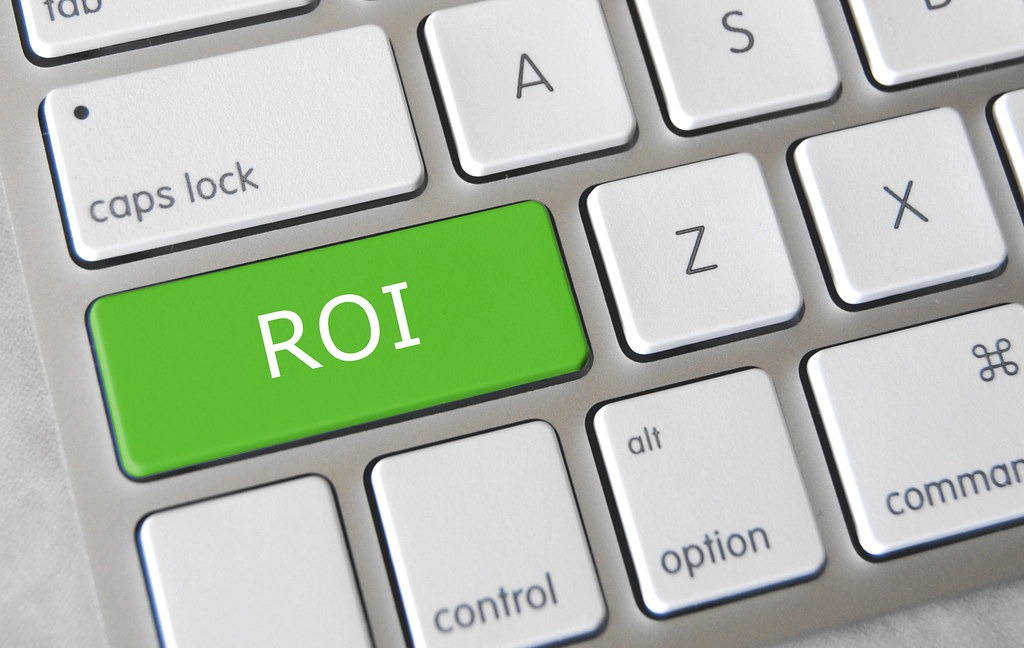Return on investment, ROI for short, is the net profit from an investment after deducting all expenses and costs, such as the investment’s purchase price, and any other costs, such as remodeling, upkeep, and repairs, when dealing with real estate ROI calculations. The ROI isn’t determined until the sale of the property, as it is crucial when making a profit on a real estate investment. Appreciation is the increase of value in the property over time. Our Titan Funding team in Boca Raton, Florida, invites you to explore the average ROI in real estate investing.
How to Calculate ROI
The formula used to calculate the ROI is (sale price of investment − cost of investment) / cost of investment. However, depending on the type of real estate investment you engage in, you may come across some oddities. Some further considerations are the following:
- Rentals: A rental can generate a steady long-term income. So, determining the ROI for a rental consists of calculating the estimated annual rental income and the yearly operating costs, such as taxes, insurance, maintenance costs, and homeowner association dues, where applicable. This way, the formula morphs a bit, and it becomes ROI = (yearly operating expenses − yearly rental income) / remaining mortgage balance.
- Real estate investment trusts (REITs): (REITs are similar to stocks. However, you purchase shares in a REIT, which then purchases real estate, and you would earn dividends over time. Some REITs are publicly traded as well, just like stocks. As REITs are a passive investment, the only thing you need to do is buy shares.
- Cash sales and resales: This one uses the standard formula of (sale price − total cost of investment) / total investment cost. This is a straightforward calculation of the ROI.
An ROI Calculation Example
Putting it all together, let’s say you purchased a property for $200,000 and put $30,000 into renovations and repairs. Ten years later, you’re selling the property for $300,000, giving you $100,000 of appreciation. Applying the simple sale price formula minus expenses gives you a net profit of $70,000. Using the $230,000 as a basis, the calculated profit of $70,000 gives you an ROI of 30.4% ($70,000 / $230,00). Calculating the potential ROI is critical to deciding whether you want to invest in a property.
Average ROI in Real Estate Investing
The average ROI in residential real estate investing in the United States, according to the S&P 500 Index, is 10.6%. Commercial real estate averages dip a bit down to 9.5%, with REITs topping the list at 11.8%. The property type can also impact the ROI, with multi-family homes having a different rate of return than single-family homes, for example.
You can also evaluate the profitability of your real estate investment using different metrics, with investors often using multiple metrics to determine the overall picture of the profitability of the investment. One such metric is a cash-on-cash return, a simple formula that takes the pretax gross income from a property and subtracts any expenses involved. This formula gives you a dollar amount indicative of the positive cash flow of your rental.
The capitalization rate is another metric that measures the debt-free, yearly rate of return for rental income. This formula has three components: property value/price, net operating income, and rate of return. Each of these components can be calculated from the other two. A more complicated calculation but an important one is the internal rate of return. It measures the ROI over a specific period rather than from purchase to sale.
External Factors That Impact Real Estate ROI
There are a variety of outside factors that’ll impact the potential ROI for any investment. The biggest of which would be the market conditions at any point and time during the investment period. Supply and demand are a part of this, so when there isn’t much inventory available for a particular type of real estate, the price for those properties increases. This is good if you want to sell but not so good if you want to buy.
Buying at a high price will also impact the potential ROI without significant appreciation. But the more you pay, the less you will net. When rates are increasing or high, that will often drive prices down to entice buyers to purchase despite the rates. This will hurt your ROI if you’re trying to sell but could potentially increase it if you want to buy.
Location is one of the most important factors when it comes to real estate in general, and investing is no different. Being near parks, schools, beaches, and waterfront will increase the sales price while less favorable locations will drive it down. If you plan to do new construction or many renovations, the current cost of building materials will have a significant impact on your ROI, with high-priced materials eating into your return.
How Many Mortgages Can You Carry for Investment Properties?
Before 2009, Fannie Mae had limited the number of mortgages to four but has since increased that amount to 10. That may be the legal amount allowed, but lenders would be very reticent to extend that many mortgages to one individual, usually sticking closer to the original four. Having a strong credit score, demonstrated success in real estate investments, and keeping the loan-to-value ratio under 80% would be best for securing multiple mortgages.
When you’re ready to get started, reach out to the team at Titan Funding. Our experts can discuss real estate investments, answer any questions, and help you decide if purchasing investment property is best for your situation. We can also discuss other investment options. Call our Titan Funding team Monday through Friday from 9 a.m. to 6 p.m. at 855-928-0737, or complete our secure online form, 24 hours a day, seven days a week. We’re conveniently located at 2701 NW Boca Raton Blvd., Suite 105, in Boca Raton, Florida.

